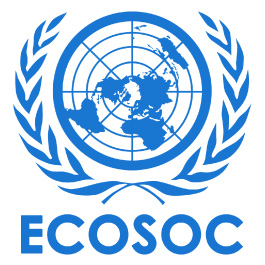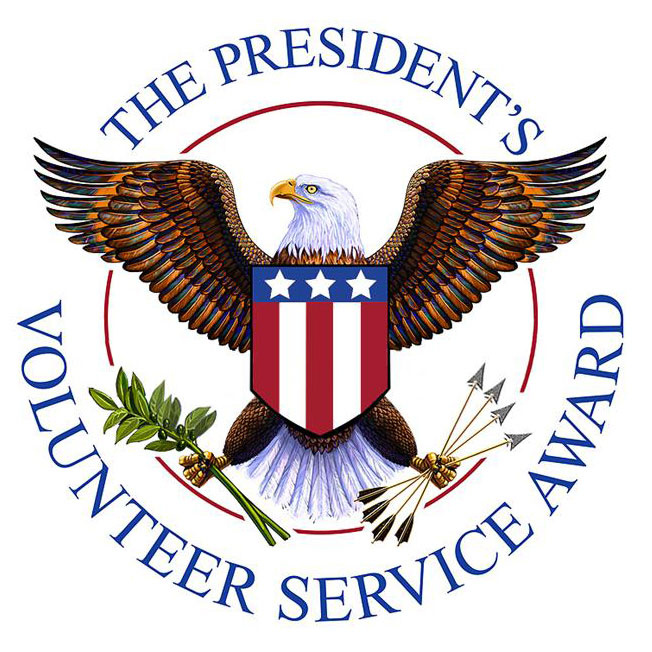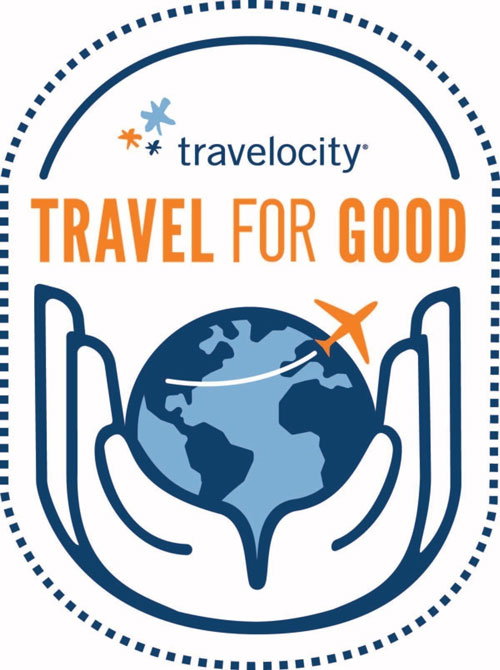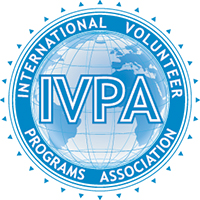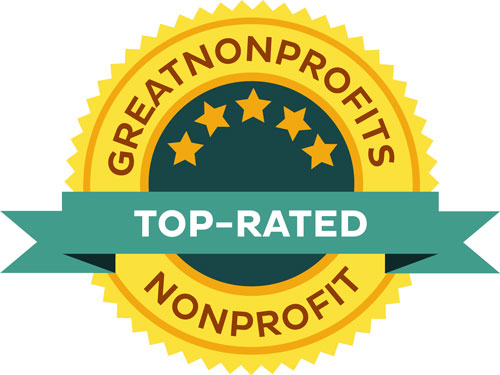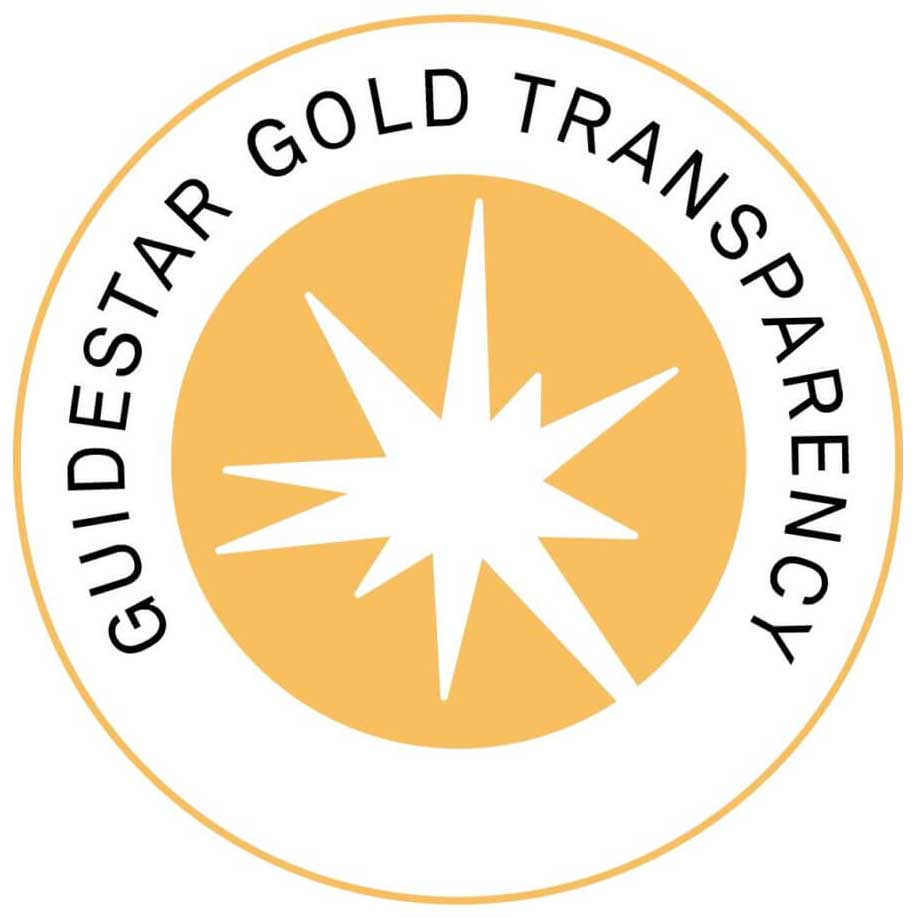Ghanaian Culture – Quick Facts, Travel Hints, & Tips
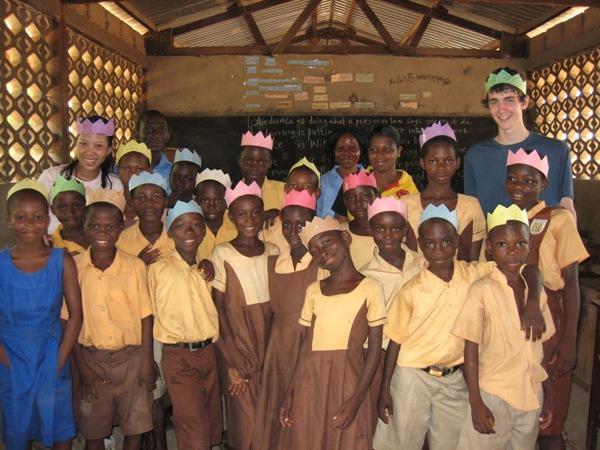
About the People
- Ghana has a population of about 18 million.
- There six major ethnic groups in Ghana – the Akan, Ewe, Ga-Adangbe, Mole-Dagbani, Guan, Gurma. The largest tribe are the Ashanti, with their traditional capital at Kumasi.
- The largest tribe in the Volta region (in which Globe Aware operates) are the Ewe.
- Ghana was the first African country to gain independence and is one of the most stable democracies in the developing world.
Personal Space & Interactions
- For those accustomed to personal proximics in Eastern, Western, and Latin American cultures might be very surprised by how close Ghanaians get to each other and to you.
- Ghanains will approach very close to you when speaking, and may attempt to hold your hand. Do not take offense, as this is normal.
- You will often see Ghanaian men and boys walking while holding hands. Do not assume that this has any implications for their sexual orientation.
- Personal greetings vary depending on the ethnic group. One standard is the finger clicking handshake with which you will likely become very familiar.
- If giving gifts, they should be given with the right hand. They are not necessary when visiting for dinner, and the thought is more important than the cost. They may not be opened when received, but this is not meant as an offense.
- It’s generally a good idea to avoid direct eye contact for extended periods, as it is sometimes considered impolite.
Leisure Time
- Festivals are ubiquitous in Ghana. Some of the largest are Panafest, and Homowo. Homowo literally translates to ‘making fun of hunger’. It was traditionally held after a harvest.
The Food
- The most common feature of Ghanaian cuisine is soups.
- The most common soups are light soup, palmut soup, and groundnut soup.
- Fufu is one of the more common and popular dishes. Produced by pounding plaintain, cassava, or yam, you wrap other foods in it and enjoy!
- A very popular dish is Jolof rice. It’s a race dish with tomatoe sauce and chicken. You may find it similar to dishes from around the Carribean and New Orleans in the US (namely Jyambalaya or dirty rice). This is not a coincidence, as many of those dishes owe their origins to West African cuisine.
- Fish dishes are very popular and very good in Ghana.
- You’ll find many distinct sauces and spices used in preparing dishes.
Transportation
- The most ubiquitous form of transportation in Ghana is the Tro-Tro. These are van like vehicles that load up on passengers and proceed along regular routes. Be careful that you choose a vehicle that appears to be in good condition.
- Tro-tros will typically have a “small boy”. These are young men who rustle up passengers and collect fares.
- Tro-tros can get very packed, so be prepared to squeeze in. They’re a very culturally distinct form of transportation and you’ll likely remember the experience for the rest of your life.
- Chartered buses and taxis are also cheap and widely available.
Education
.
- The Republic of Ghana has 12,630 primary schools (of which Globe Aware has built 2), 5,450 junior secondary schools, and 503 senior secondary schools, 21 training colleges, 18 technical institutions, and five universities.
- Entry to university is determined by examination.
Languages
- English is Ghana’s official language.
- Other major languages spoken are tied to the various major ethnic groups. They include Twi, Fante, Ga, Hausa, Dagbani, Ewe, & Nzema.
- Ghanaian language and communications are rife with proverbs. Euphemisms are also very common linguistic tools.
Economy
- Ghana is primarily agricultural. Common crops are Okra (pronounced Okro), bananas, and mangos.
- Mining and petroleum also make up a not-insignificant part of the economy. Furthermore, recent major oil discoveries in Ghana point towards these industries playing an even larger role in the economy’s future.
- Ghana has a relateively advanced industrial base. Auto assembly, oil refining, flour milling, textiles, and simple consumer goods are all manufactured at various locations throughout Ghana.
- Tourism is one of the largest industries in modern Ghana. Ghanaians like to see their country as the gateway to Africa.
Religion
- 60% of Ghanaians are Christian. 50% are Muslim, 25% traditional African religion.
- Ghana has the highest percentage of Christians in West Africa. Christian sects present include Mormonism, Baptists, and others.
Music
- As in many African countries, you will find that Rhythm is central to much of Ghana’s musical stylings.
- You will see the many different drums and drum styles on display at tribal/community gatherings during your stay.
- There many distinct instruments found within Ghana. Famous instruments include the talking drum, the Atsimevu, the Gankogui (a type of gong or bell used in Ewe music particularly), and others.
- Hip Hop is extremely popular in Ghana, as is Reggae.
- Dancing is a key ingredient to appreciating Ghanaian and African music.
Globe Aware has gathered more tips, hints, and facts on Ghanaian culture from numerous sources in print, past volunteers and staff, and on the web. Find out more by registering today and experiencing genuine Ghanaian culture, from the drums and rhythm to the Fufu, for yourself!





